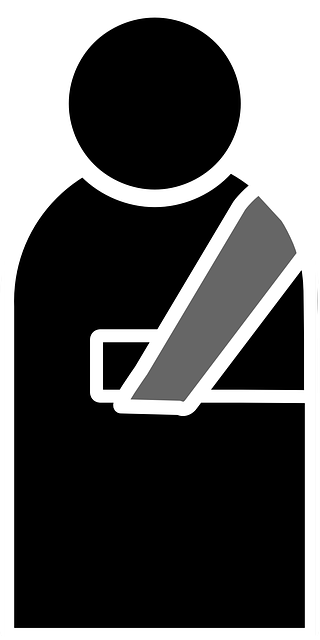In the complex world of personal injury law, individuals involved in accidents need to act swiftly and understand their rights. This involves evaluating cases, gathering evidence, and navigating legal procedures, with key steps including filing a liability statement, negotiating settlements, or proceeding to litigation. Choosing an experienced lawyer specializing in personal injury law is crucial for successful outcomes, as they guide clients through intricate processes and advocate for their rights.
Personal injury law is a crucial area of legal practice that compensates individuals for physical, emotional, or financial harm caused by another party’s negligence. This comprehensive guide delves into the intricacies of personal injury law, exploring common types of cases and their legal implications. We outline the step-by-step process of filing a claim, emphasizing rights and responsibilities, and provide key considerations when selecting a skilled personal injury lawyer to represent your interests effectively.
- Understanding Personal Injury Law: A Comprehensive Guide
- Common Types of Personal Injury Cases and Their Legal Implications
- The Process of Filing a Personal Injury Claim: Rights and Responsibilities
- Key Considerations When Selecting a Personal Injury Lawyer
Understanding Personal Injury Law: A Comprehensive Guide

Common Types of Personal Injury Cases and Their Legal Implications

Personal injury cases encompass a wide range of incidents, each with its own set of legal complexities and implications under personal injury law. Some of the most common types include motor vehicle accidents, where injuries sustained in car crashes can lead to claims against at-fault drivers or entities responsible for road maintenance. Additionally, medical malpractice suits arise when patients experience harm due to negligence by healthcare professionals, such as misdiagnosis or improper treatment.
Other prevalent cases involve slip and fall incidents, which may result from property owner negligence, and workplace injuries caused by unsafe conditions or employer misconduct. Each of these scenarios necessitates a thorough understanding of state-specific laws and regulations governing liability, damages, and the statute of limitations for filing claims under personal injury law.
The Process of Filing a Personal Injury Claim: Rights and Responsibilities

When navigating the complexities of personal injury law, understanding the process of filing a claim is paramount. The journey begins with evaluating your situation and determining if you have a valid case. This involves assessing the circumstances surrounding the injury, gathering evidence such as medical records and witness statements, and estimating the value of your damages. Once ready, the next step is to file a formal claim, typically with the help of a personal injury lawyer who will guide you through the legal framework. In many jurisdictions, this includes submitting a liability statement, detailing the parties involved and the alleged negligence.
After filing, both parties engage in a back-and-forth negotiation process aimed at reaching a settlement. This requires patience as it involves exchanging information, presenting arguments, and assessing offers and counteroffers. If an agreement cannot be reached, the matter may proceed to litigation, where a judge or jury will deliberate on the evidence presented during a trial. Throughout this process, individuals involved have rights and responsibilities—a crucial aspect of personal injury law that ensures fairness and justice for all parties.
Key Considerations When Selecting a Personal Injury Lawyer

When selecting a personal injury lawyer, several key considerations come into play. First and foremost, ensure that the attorney has extensive experience in personal injury law. This specialized field requires a deep understanding of tort law, negligence principles, and the intricacies of compensation claims. An experienced lawyer will be adept at navigating complex legal procedures, gathering compelling evidence, and advocating for your rights.
Reputation and success records are also vital indicators. Check online reviews and ask for referrals from trusted sources to gauge the lawyer’s track record. A reputable personal injury law firm should have a proven history of achieving favorable outcomes for clients, whether through settlements or court victories. This is crucial as it reflects their competence, dedication, and understanding of client needs within the realm of personal injury law.
Personal injury law is a vital pillar of our legal system, ensuring individuals are compensated for preventable harm. By understanding common types of cases, the claim process, and crucial considerations like choosing the right lawyer, you can navigate this complex area with confidence. Armed with knowledge, victims can assert their rights and seek just redress under personal injury law.
